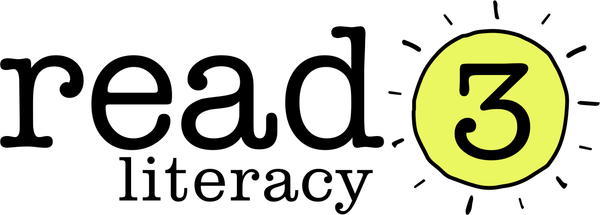Overview of CHIPS
Screen early to identify your most at-risk students, then provide intervention based on processing weaknesses.
About CHIPS
CHIPS stands for Check How I Process Screener.
CHIPS is a free an informal, evidence-based screener designed to assist with early detection of literacy challenges, including risk for developmental dyslexia.
CHIPS is a one-off screener, not an ongoing literacy assessment or monitoring tool. We recommend you use normed tools and/or the skills assessment tools included in the Read3 program to monitor a child's response to intervention.
Understand the reader profile of each student. The CHIP screening procedure examines the processing weaknesses that can inhibit a child’s ability to develop strong literacy skills. Weaknesses may be due to slower maturation in a child or they may be an indication of a reading disorder. Identifying and supporting students with specific strategies in the early years will prevent children with less mature skills from falling behind and will provide the crucial intervention needed for at-risk children. Screen and intervene early!
What does CHIPS Assess?
The CHIP Screener examines four key processing skills that are vital to literacy development. These include:
- Phonological Awareness (PA)
- Phonological Working Memory (PM)
- Letter-Sound Knowledge (LSK)
- Rapid Automatic Naming (RAN)
The number and severity of a child’s processing weaknesses will affect their reading accuracy, reading fluency, or both. These difficulties, in turn, can affect a child’s reading comprehension.
The CHIPS scores help you identify whether a child has weakness in one, two or more processing areas.
- If weaknesses exist in 'hardwired' processing difficulties such as PM or RAN, the Read3 program is an ideal intervention choice.
- If weaknesses are limited to the more 'teachable' areas of PA or LSK, small group intervention using any quality systematic synthetic phonics program may be sufficient. Monitor closely and move to Read3 if progress is less than expected.
Three screeners available:
- Form: School Entry should be used on entry to formal schooling (Term 1 & 2 only). This form screens pre-reading measures known to affect literacy development and will help identify at-risk children.
- Form: 5 & 6 Year Olds can be used as an early literacy screener for children up to the end of Year 1 once some formal literacy instruction has been provided. This form screens cognitive processing skills and early phonic skills.
- Form: 7 & 8 Year Olds can be used to review cognitive processing skills and beginner phonic skills in children in Year 2 and above who have responded poorly to literacy instruction. Use screening results to guide your intervention.
